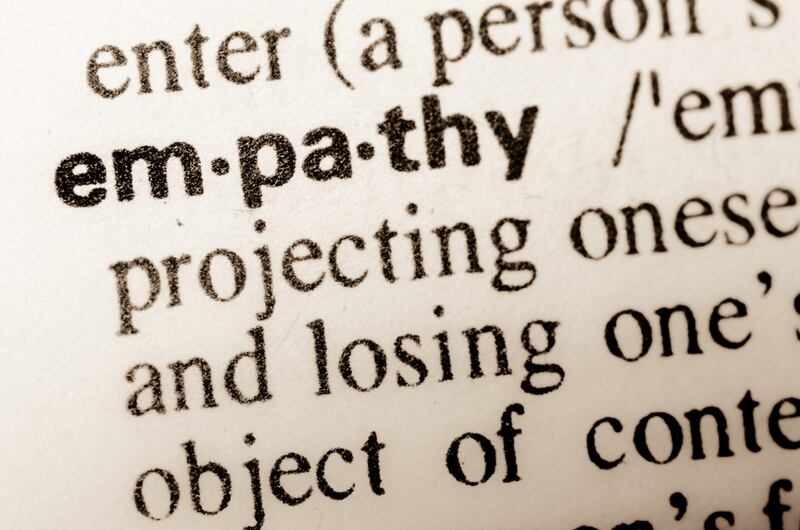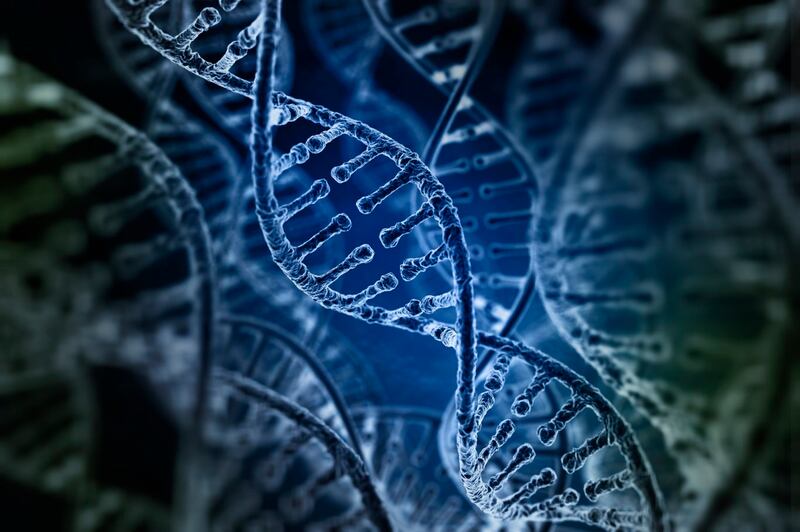Empathy is partly inherited, according to new research.
A study has, for the first time, found that genes play a small role in how empathetic we are.
Scientists took DNA samples from 46,000 participants and looked for differences in their genes that could explain why some people show more compassion than others.
They found that 10% of individual differences in empathy were a result of genetics, although the specific genes involved were not identified.
They also found that women are generally more empathetic than men.
But the team are quick to point out that social factors, such as upbringing and environment, play a greater role when it comes to a person’s ability to empathise.

Varun Warrier, a PhD student at the University of Cambridge who led the study, said: “This is an important step towards understanding the small but important role that genetics plays in empathy.
“But keep in mind that only a 10th of individual differences in empathy in the population are due to genetics. It will be equally important to understand the non-genetic factors that explain the other 90%.”
The researchers worked with the genetics company 23andMe. They asked the participants to complete a questionnaire which measured their empathy quotient, or EQ.
They then compared the genetic data to the EQ scores to determine how much empathy was linked to genes.
Professor Thomas Bourgeron, of Paris Diderot University, said: “This new study demonstrates a role for genes in empathy, but we have not yet identified the specific genes that are involved.
“Our next step is to gather larger samples to replicate these findings, and to pinpoint the precise biological pathways associated with individual differences in empathy.”

The scientists also observed that genetic variants associated with lower empathy are also associated with higher risk for autism.
Professor Simon Baron-Cohen, of the University of Cambridge, said: “Finding that even a fraction of why we differ in empathy is due to genetic factors helps us understand people such as those with autism who struggle to imagine another person’s thoughts and feelings.
“This can give rise to disability no less challenging than other kinds of disability, such as dyslexia or visual impairment.
“We as a society need to support those with disabilities, with novel teaching methods, work-arounds, or reasonable adjustments, to promote inclusion.”
The research is published in the journal Translational Psychiatry.








